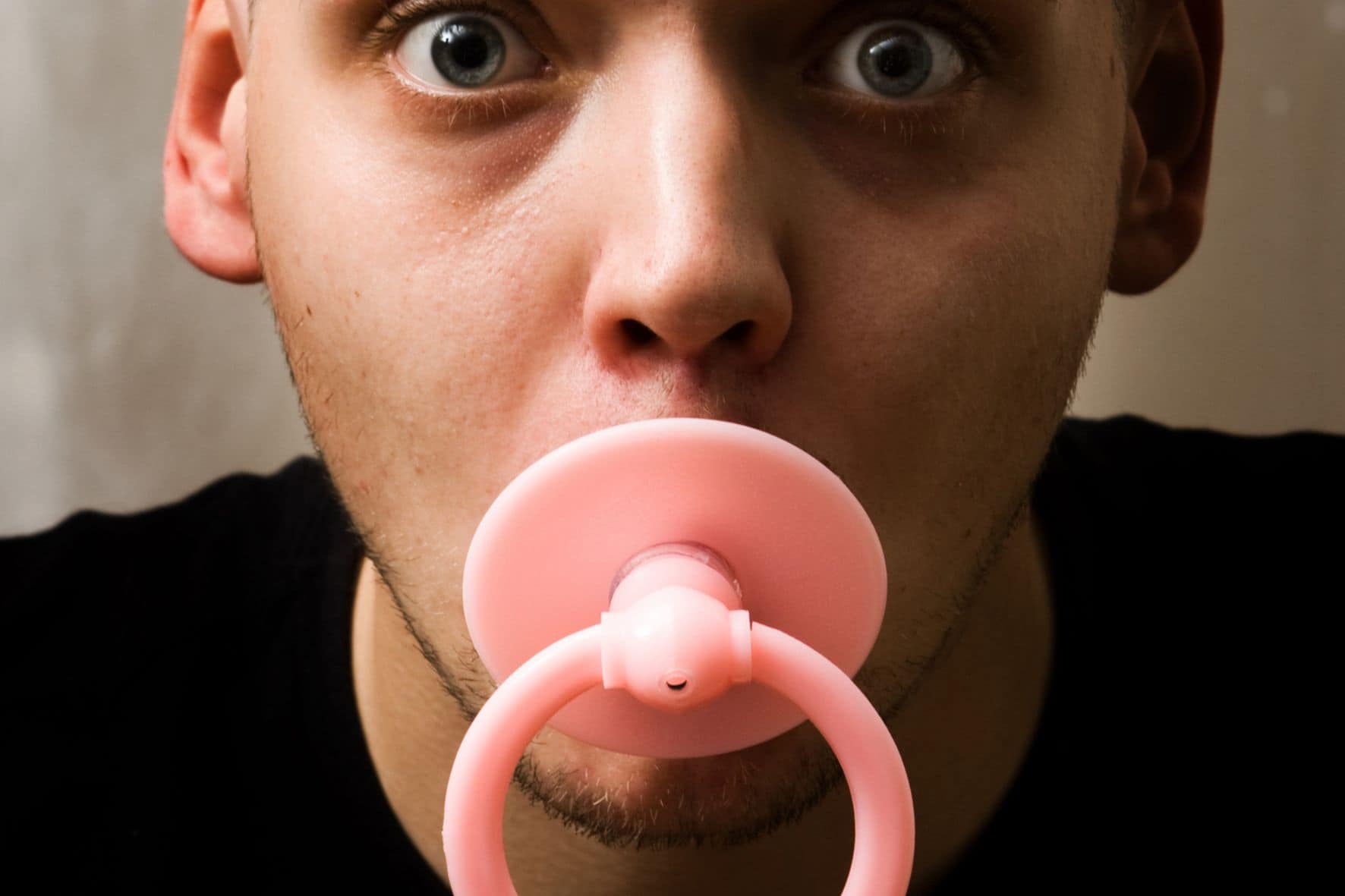
The last time any adult suckled on a pacifier was probably two decades ago, at a rave. And that was for entirely different reasons.
Today, Gen Z has turned to all sorts of comforts to manage stress, and it’s not the usual bubble bath and green tea way of coping.
Try ASMR, whisper videos, and cuddling plushies, amongst the growing list of somewhat eccentric ways Gen Z uses to deal with the daily grind.
Psychologist and medical doctor Dr Jonathan Redelinghuys said these habits make sense because reality looks very different to younger generations than it did to those who came before them.
“Gen Z lives with constant stimulation,” he said. “They are trying to create small pockets of calm in a world that rarely slows down.”
Annemarie Viviers of Heavenly Healing, who works with young adults in sensory and relaxation therapies, said their coping habits often reveal what they cannot put into words.
“Many of them are overwhelmed long before they realise it,” she said. “They instinctively reach for something that soothes the nervous system.”
Calming pacifiers, blankies and plushies
The trend started in China and has spread across the Gen Z world.
Dr Redelinghuys said that using a pacifier is regressive and shows a need for simple and familiar comfort. It’s a nostalgic ritual from childhood, just like snuggle blankies, cartoons and plushies deliver the same kind of joyful calm.
Used sparingly, he said, it is harmless.
“Regression is not immaturity. It is a search for safety when the world becomes too loud,” he said.
Fidgets, Squishies and Fads
Gen Z uses toys like fidget spinners and pop-its to relieve stress. Decades ago, stress balls were the only tool available to yuppies. But Viviers said that today, toys are used as grounding objects when the rest of life just feels chaotic.
Influencer Zhorya’s review of sensory tools noted their ability to settle attention, and Viviers said the effect is real.
“Tactile stimulation helps regulate the body without overthinking. It is one of the quickest ways to bring someone back into the present moment,” she said.
Digital stress relief
ASMR has become a global sleep aid, especially for younger adults. Tapping, soft-spoken storytelling, and slow, rhythmic sounds offer a strange but effective escape into zzz.
Gen Z has turned to digital stress relief, thanks to social media and doomscrolling.
Meditative music has racked up millions of listens on YouTube, and research suggests ASMR can really reduce anxiety and help with sleep.
“It is digital white noise for overstimulated minds,” said Viviers.
ALSO READ: How Gen Z Rewrote Bucket lists
Chilling out in the loo
Enjoying an extended comfort break in the loo has become an escape for many Gen Zs. It’s called bathroom camping and serves as a retreat from the noise of colleagues in the office, housemates and such ilk.
The relative silence and shut door give instant relief from the hustle, said fans of the practice on socials.
Dr Redelinghuys said it is a symptom of sensory overload.
“When a person seeks out the smallest possible space for relief, it shows how overstimulating their environment is,” he said.
Meme therapy and venting spaces
Humour has always been a coping tool. That’s why South Africans are so good at it whenever there’s a new crisis. Gen Z has turned it digital.
Meme therapy, comedic doom-scrolling and venting in online groups offer emotional distance from stress, said Viviers.
A study in Frontiers in Psychology found that emotional online support can improve well-being, although problem-focused scrolling sometimes worsens anxiety.
Viviers suggested that humour is often a bridge.
“Laughing at something absurd helps them release tension without needing a long conversation,” she said.
Digital detox and micro-breaks
Gen Z turns to their phones to calm the anxiety their phones create. Short breathing sessions, ninety-second meditation clips and micro-detox breaks have become part of the daily routine.
Research available on the academic aggregation site arXiv suggested that brief, regular interventions can reduce perceived stress levels.
It is stress management in bite-sized pieces, oftentimes using the very device responsible for stress to relieve it.
Weighted blankies and micro-dosing nature
Weighted blankets mimic deep-pressure touch, which lowers cortisol and helps regulate the nervous system.
Harvard Health reported that these tools assist some Gen Zs with anxiety and insomnia. Pair that with micro-doses of silent walks in nature, like spending a few minutes under a tree or, true to the digitalising everything trend, using nature-sound apps.
It amounts to a low-effort reset. Studies in BMC Public Health linked brief nature exposure to reduced stress.
Viviers said the combination is powerful. “Deep pressure calms the body, and nature calms the mind. Together, they create a real change in consciousness,” she said.
Dr Redelinghuys said these unusual methods reveal an important truth about Gen Z.
“They are not avoiding life. They are trying to cope with it in the only ways that feel accessible,” he said. “If a tool brings comfort and does no harm, it shows how resourceful they really are.”
NOW READ: Why Gen Z fears phones



